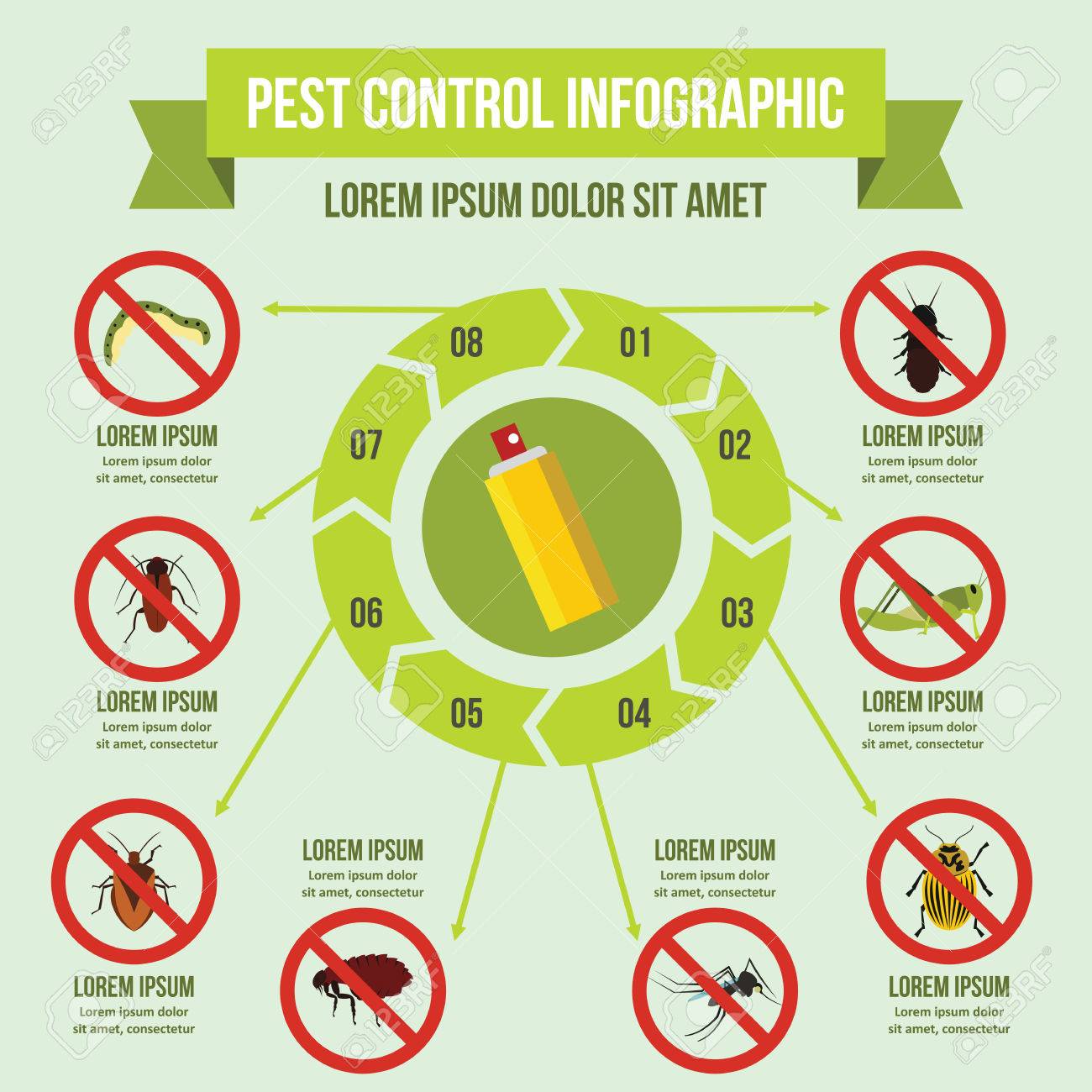Beyond The Spray: Exploring Advanced Techniques Utilized By Pest Control Professionals
Beyond The Spray: Exploring Advanced Techniques Utilized By Pest Control Professionals
Blog Article
Write-Up Writer-Camp Henningsen
Are you tired of counting solely on sprays to manage parasites in your home or workplace? While sprays can be effective, pest control professionals have actually established sophisticated strategies that exceed merely spraying chemicals.
These strategies not just give extra effective and durable services, but likewise concentrate on decreasing making use of dangerous pesticides. By checking out these sophisticated strategies, you will certainly uncover an entire new globe of parasite control methods that are not only effective, however also environmentally friendly.
So, are you prepared to take your bug control game to the following level?
Integrated Pest Administration (IPM)
If you're looking for a reliable and environmentally-friendly technique to pest control, Integrated Bug Monitoring (IPM) is the service you require. IPM focuses on long-term avoidance and monitoring of bugs, instead of simply relying on chemicals. This strategy takes into consideration the details requirements and behaviors of insects, in addition to the surrounding setting.
By utilizing a mix of techniques such as organic control, habitat adjustment, and targeted pesticide use, IPM intends to lower the dependence on chemical treatments and decrease damage to non-target microorganisms.
One crucial element of IPM is monitoring and determining parasites precisely. This includes on a regular basis evaluating and evaluating the pest populace, along with determining the details varieties existing. By recognizing the biology and actions of parasites, insect control professionals can create targeted approaches to disrupt their life process and decrease their numbers.
An additional crucial component of IPM is utilizing non-chemical control methods whenever possible. This can include physical barriers, such as setting up screens or sealing fractures and holes, to avoid pests from entering buildings. In addition, social techniques, like appropriate cleanliness and waste administration, can assist remove bug food resources and reproducing grounds.
When pesticides are necessary, IPM concentrates on utilizing them sensibly and as a last hope. This means choosing the least hazardous and most reliable alternative, using it exactly and only to affected locations, and following all safety standards. By decreasing chemical use, IPM lowers the potential dangers to human health and the atmosphere.
Biological Control
To better enhance the efficiency of Integrated Pest Administration (IPM), the following subtopic we'll discover is the approach of organic control. This strategy makes use of all-natural predators or bloodsuckers to control pests.
Below are four vital facets of biological control:.
1. Introduction of natural opponents: In this technique, valuable pests or organisms are presented to the area ravaged with parasites. These all-natural adversaries exploit the pests, aiding to reduce their population.
2. natural termite killer of all-natural adversaries: Rather than introducing new microorganisms, this strategy concentrates on producing an ideal setting for existing advantageous insects. This can be achieved with providing food, shelter, and water resources.
3. Enhancement: Here, the variety of all-natural enemies is increased artificially by breeding and releasing them right into the infested location. This aids to rapidly decrease the pest population.
4. Push-pull technique: This method integrates repellents and attractants to control the actions of insects. Repellents press parasites away from crops, while attractants entice them in the direction of catch plants or areas where they can be quickly regulated.
Environment Modification
Environment modification plays a critical function in pest control by altering the atmosphere to discourage pest invasions. By making changes to the physical characteristics of an area, you can create an unwelcoming setting for parasites, making it harder for them to make it through and grow.
One typical method of habitat modification is getting rid of or minimizing prospective food sources for insects. This can include appropriate waste administration, sealing containers, and tidying up food crumbs.
Furthermore, removing or decreasing areas of standing water can help regulate insects like mosquitoes.
Altering the landscape by cutting trees and shrubs far from structures can additionally protect against pests from accessing your building.
https://franciscomigbv.blogsmine.com/26221145/5-indicators-that-it-s-time-to-speak-to-specialists-who-focus-on-bed-bug-insect-control .
So there you have it - the innovative methods utilized by pest control experts go beyond simply splashing chemicals. Integrated Bug Administration (IPM) incorporates numerous approaches to efficiently manage parasites, while biological control utilizes natural enemies to maintain bug populations in check.
Habitat adjustment likewise plays an essential role in protecting against insect infestations.
Did you know that according to a research, carrying out IPM methods minimized chemical use by an average of 71%? This not only shields our wellness and the setting however also conserves money in the long run.
